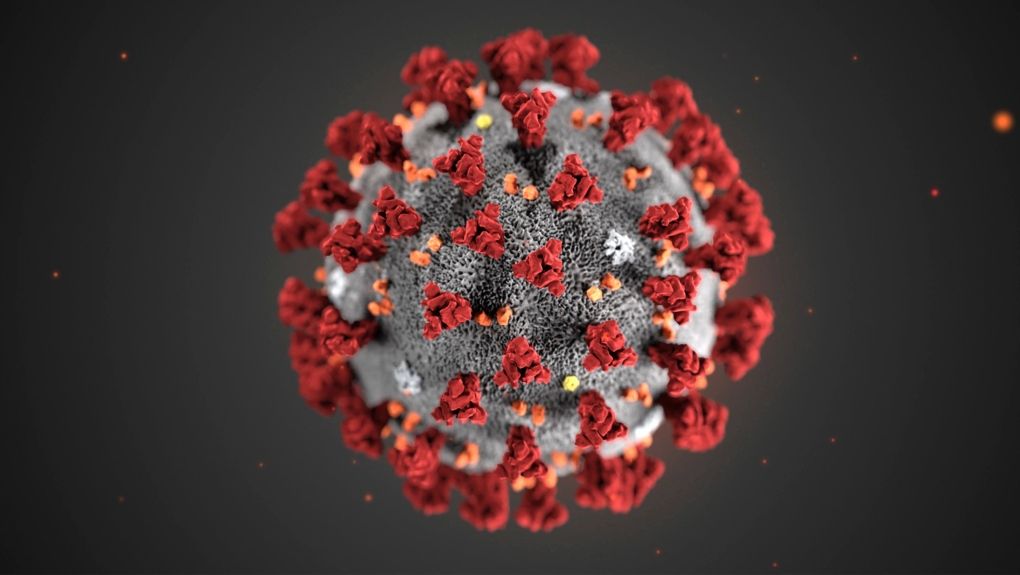Those days, we are working from home due to the Spanish government measures to stop COVID-19 disease. As 'native' digital workers, working from home is no new for us, but we are trying to extract some knowledge about how this situation is impacting companies, and specially, our clients.
I am going to start a series of brief posts of ideas I am having those confinement days, related to how this situation is changing the way we understand work, business, and how Data Science can, and must help...
In Madrid, the Spanish Wuhan, the current situation is:
- Streets are empty due to the quarantine.
- Thousands of infected and hundreds of deaths due to COVID-19.
- Most companies are implementing remote working plans to protect their employees and allow them to take care of their relatives (specially children who can not attend schools these days).
- For most companies, it is the first attempt to implement remote working and are not doing it because of real conviction, but because they have to.
- As every thing which is new, first days have an important impact on companies operations. People is not 100% productive working from home in the first days, as many of them are not used to digital tools (Slack, Zoom, Hangouts, VPNs, etc.).
Analyzing closely the impact of this situation on companies, an idea comes to my mind repeatedly:
Those companies getting advantage of AI to automate their decision making processes are more resilient to extreme situations
Why? Think about that. Imagine you are working for a financial company that have to approve consumer credits to creditworthy clients. In many companies, a large part of this process is made by human workers. There is people making research about credit score of potencial customers, about its actual financial situacion, and most of the time, the final decision relies on a financial risk manager who have to give the approval to that loan.
Most of those actions, can be performed by automated algorithms, almost with the same quality as human workers.
In an extreme situation like this one, people who make financial research may be at home taking care of their children while trying to set up the new VPN that IT department provided to them yesterday, bottle-necking the value chain of the company. No risk assessment -> no new loans -> no business -> no profit.
Now image all research process is performed automatically, and that there is an algorithm trained with the data collected in the last 10 years (paid and unpaid loans, and socioeconomic information from customers) which is able to take a final decision about a loan with the same quality as a risk analyst.
This is just a silly example, but can be extended to a broad range of sectors and processes (use your imagination).
Everything keeps going on while the employees adapt to the new situation. Servers are hit by other kind of viruses but not the ones able to infect humans. Extreme situations like this one can last weeks, or even months.
My advice to you (specially if you are a decision maker in your company) is the next one: automate your company as much as possible. Do not put people do the work that can be done by machines. Put people do the most abstract and creative work that can not be automated. Humans, ideally, should work to ensure the future of the company, but not on the day-to-day tasks that are business critical. That way your company will be more resilient to extreme situations like this one (and believe me, this will not be the last one...).
Happy quarantine! More reflections to come in the next days...
PS: In case you are wondering, at WhiteBox we are doing some research on how to help in this crisis using the best tool we have, Data Science.
For example, we are working on a Deep Learning model using x-ray images of patients infected with COVID-19 in order to make diagnosis cheaper and faster. Keep in touch and contact us in case you want to contribute.
David.

